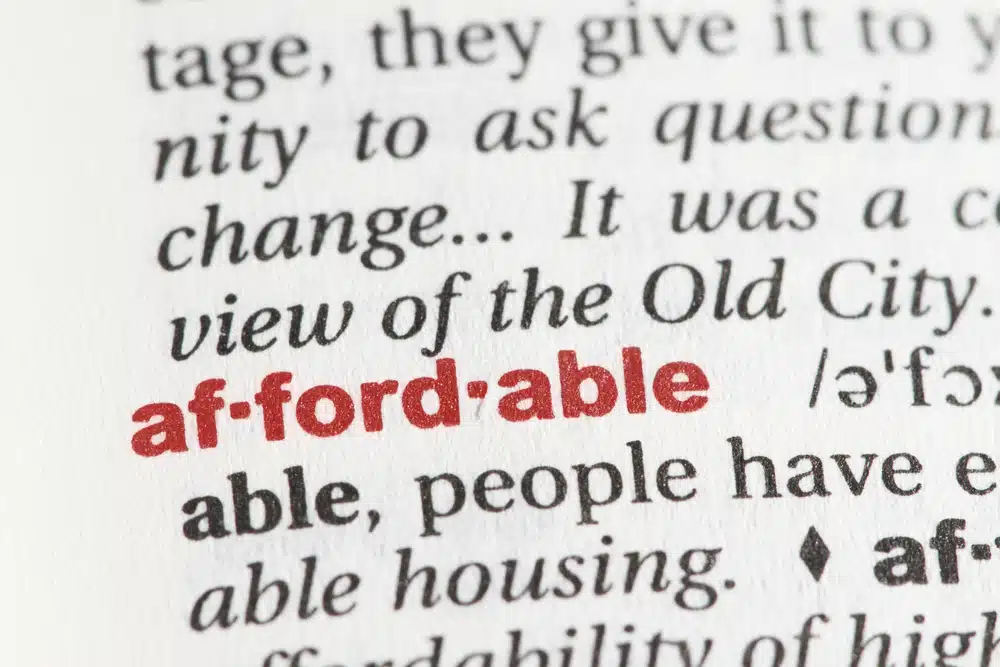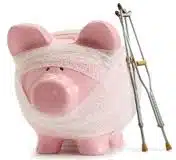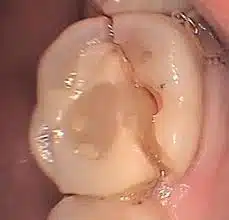
Natural Ways to Keep Your Teeth and Gums Healthy
Essential oils have many benefits, from curing athlete’s foot or controlling fungal infections, to helping with gingivitis. The article below discusses tea tree oil — also known as melaleuca oil. Many patients in our office have benefited from the essential oils present in two products available for purchase in our office: Tooth and Gums Tonic and Tooth and Gums Paste. Used properly, natural remedies can be of great benefit, without many of the side effects associated with traditional cures.
Dr. Walicki
________________________________
Natural Ways to Keep Your Teeth and Gums Healthy
By Kathy Jenkins
Whether you’re trying to cure a toothache, make your teeth whiter or prevent gum disease, there are many natural remedies that can be helpful in between visits to the dentist. Eating right, and brushing and flossing your teeth are certainly important, but there are numerous other methods available that can give your oral health a boost. Among these are herbs, oils, and the like. We will be giving you a few examples you may choose to follow that can give your oral hygiene a positive boost.
Going to the dentist is something that most of us would like to avoid. But if your teeth hurt right now, that is exactly where you should go. One such instance is if you have an abscessed tooth. This is a potentially serious condition where your tooth gets infected, and this can spread to other parts of your body. There are many symptoms that can be associated with this circumstance, including a bitter taste in your mouth and a swollen neck or jaw. Antibiotics from your dentist will usually help to control or get rid of the infection. Typically, your doctor will also prescribe pain medication for any discomfort you are feeling. An emergency room may be your best bet for getting relief from an abscessed tooth, especially if you are lacking dental insurance or the funds to cover your bill.
Natural antibiotics exist, and tea tree oil is considered one of them. Because it has powerful healing properties doesn’t mean you can take it without following directions, and if it says not to take it internally, you shouldn’t. If you need a good toothpaste or mouthwash, you should consider tea tree oil. It can also be useful in controlling gingivitis. Rinse your mouth with a small amount in a glass of water, because it can be too strong undiluted. If you are looking for the safest way to use tea tree oil then get a mouthwash or toothpaste which already contains it, or some other commercially prepared product. This works really well for giving you fresher breath as well as help to prevent gum disease. A product with tea tree oil in it can be harmful if you swallow it, so use caution when rinsing and be careful not to administer it to children that might be prone to swallowing rather than rinsing and spitting.
There may be a dentist in your area who favors holistic techniques. Consult with them about natural ways to care for your teeth and gums. You may be surprised how many dentists can be found that have this orientation. Holistic dentists went to the same kind of dental schools as anyone else, but they focus on natural and holistic techniques and substances. If you need to have any filling done, a holistic dentist would never use a filling that’s mercury based. When you have this kind of dentist, you will always have someone to consult when it comes to natural ways to keep your mouth healthy. In some cases, you may have to travel a little further to find a good holistic dentist, depending on where you live. Our overall health is greatly affected by our mouth because it is often the first place where infections and toxins are likely to be found. If you can maintain clean teeth and gums, and you eat the right foods, you will be less likely to have many cavities. Hopefully the above will give you some orientation to alternative options, but keep in mind that it’s also necessary to get regular dental checkups.
Kathy Jenkins gives suggestion about your teeth as well as how to handle Angular Cheilitis (cracking at the corners of your mouth.) She also has a link to book I have not reviewed concerning the subject. Many cases of angular cheilitis can be resolved, however, by supplementing with vitamins B12, vitamin C, and zinc. An over-the-counter antibiotic cream may also help. Some cases of angular cheilitis are caused by ill-fitting dentures. This can only be remedied by having a new set of dentures made that fit properly. If you are interested in the book Kathy Jenkins references, you can find it here: Angular Cheilitis.







